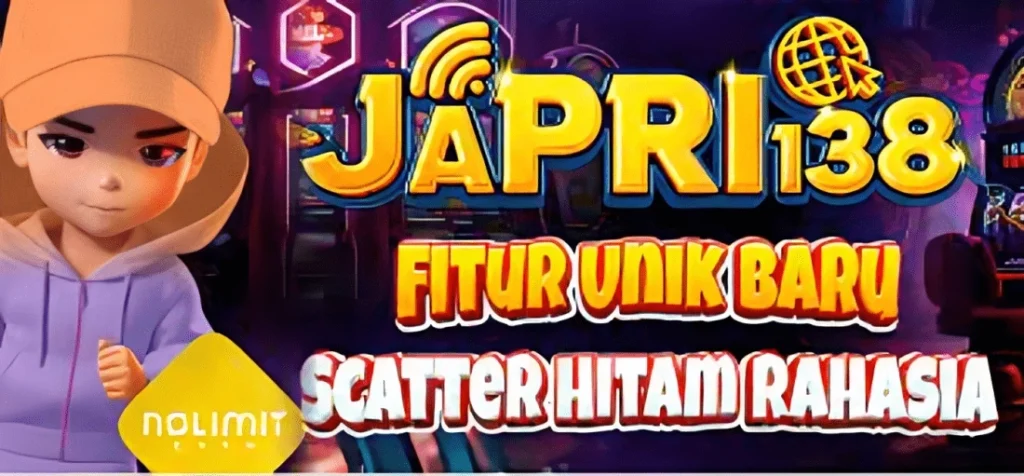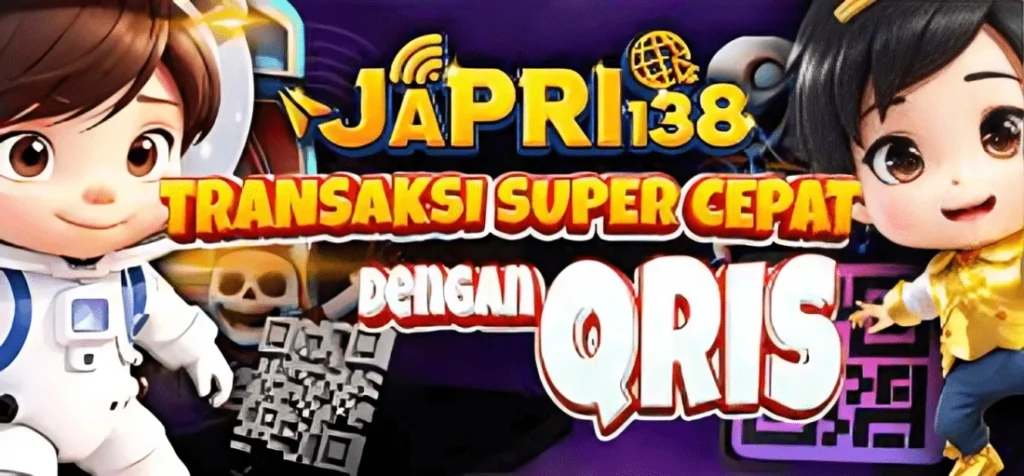Rediscovering PSP Games Among Today’s Best Games Classics and PlayStation Favorites
In the evolving landscape of modern gaming, there is a growing movement to rediscover PSP games and recognize their place among today’s best games classics and enduring PlayStation favorites. While contemporary consoles boast advanced graphics and expansive online ecosystems, the PSP era represents a unique chapter defined by portability, experimentation, and focused design. Many players who revisit PSP games are struck by how well-crafted mechanics and thoughtful pacing can rival even the most technically advanced PlayStation games. The handheld’s library showcased a surprising range of genres, from deep role-playing adventures to fast-paced action titles and inventive strategy experiences. These games were designed to deliver meaningful progress in shorter sessions, a design philosophy that aligns remarkably well with modern lifestyles. As a result, PSP games feel less like relics of the past and more like early pioneers of flexible gaming experiences.
One of the reasons PSP games continue to be mentioned alongside the best games is their emphasis on gameplay substance over spectacle. Developers working within the slot88 system’s hardware constraints focused on tight controls, balanced difficulty curves, and engaging progression systems. Without relying heavily on cinematic presentation, many titles leaned into creativity and mechanical depth. This focus often resulted in highly replayable experiences that rewarded mastery and experimentation. When compared to larger-scale PlayStation games, these portable titles may appear modest, but their design efficiency is part of their enduring charm. Players often discover that stripped-down systems can lead to clearer objectives and more satisfying feedback loops. In this way, PSP games embody core principles that define the best games across any platform: clarity, challenge, and consistent engagement.
The relationship between PSP games and home console PlayStation games further enhances their legacy. Handheld entries frequently expanded on established universes or experimented with side stories that enriched broader franchises. This cross-pollination allowed fans to experience familiar worlds from fresh perspectives, strengthening their attachment to the overall brand. At the same time, original properties introduced on the PSP demonstrated that innovation was not confined to flagship consoles. These creative risks contributed to a diverse catalog that continues to attract collectors and digital download enthusiasts. As remasters and ports bring older titles to newer hardware, a new generation of players can evaluate these experiences within the context of modern standards. Many are surprised to find that some PSP games stand comfortably beside contemporary releases in terms of enjoyment and design sophistication.
Ultimately, rediscovering PSP games offers valuable insight into what truly makes the best games endure. Technological advancements will always reshape the industry, but core design values remain constant. Strong mechanics, balanced pacing, and imaginative worlds can captivate players regardless of screen size or processing power. By revisiting both PSP games and classic PlayStation games, players gain a deeper appreciation for how innovation often emerges from limitations. These portable adventures remind us that excellence in gaming is not defined solely by scale but by the care invested in every system and interaction. As the industry continues to evolve, the lessons embedded within PSP games remain relevant, proving that true classics never lose their ability to inspire and entertain.





